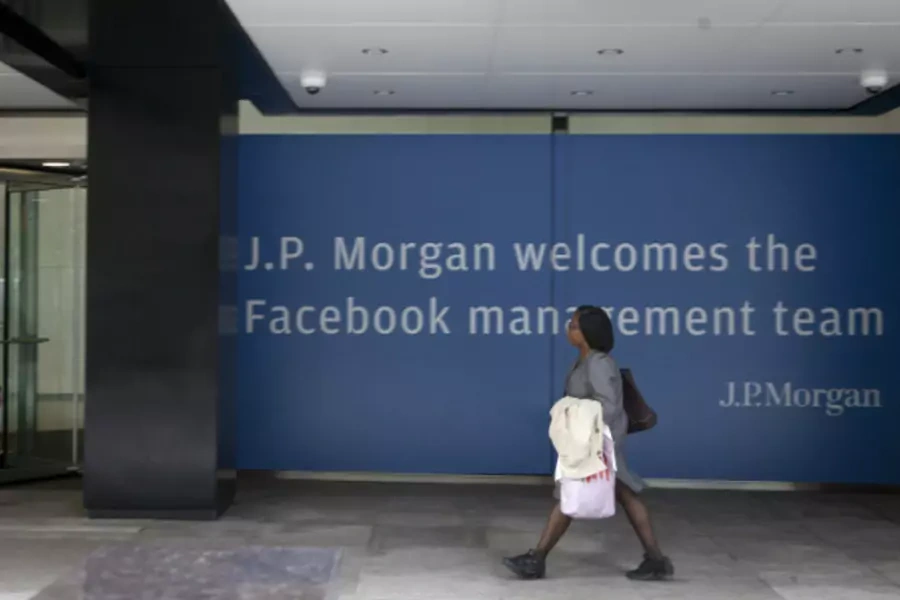Morning Brief: Founders Move to Preserve Control After IPO

More on:
Bloomberg discusses a growing trend in Silicon Valley, in which founders use dual-class stock structures to preserve their control after an initial public offering (IPO). Google’s 2004 IPO issued two classes of shares; shares held by the two founders and CEO had two-thirds of voting rights, while the publically traded shares collectively had the remaining third. Groupon, Zynga, and LinkedIn followed this strategy, and other hot startups are leaning towards it. Facebook’s impending IPO will also use two classes of shares to retain Mark Zuckerberg’s control of the social media giant. Traditional media firms have used this technique for decades to retain family control, including News Corporation and the New York Times.
SolarCity Uses New JOBS Act IPO Rules
SolarCity, the Elon Musk backed cleantech firm, is filing for an IPO under the new confidentiality rules (Techcrunch). The JOBS Act was signed into law on April 5, and sought to stimulate IPOs by reducing regulatory and disclosure requirements. SolarCity is one of the first firms to file under the new rules. Firm leaders will need to weigh the ease of filing with little disclosure against the value of engendering greater confidence in the market through increased disclosure.
Innovation. Read more on how the U.S. capacity to innovate could play a chief role in economic growth.
Corporate Regulation and Taxation
Confusion over Volcker Rule Timing
The Wall Street Journal reports that the Federal Reserve’s recent attempt to clarify the timing of the implementation of the Volcker Rule has led to confusion. On April 19, the Fed issued a statement that banks had to “engage in good-faith planning efforts” to ensure their compliance with proprietary trading restrictions by July 21, 2014. Some lawyers have interpreted this to mean that banks can conduct unfettered proprietary trading until that date, while others believe the Fed is requiring banks to gradually wind down trading operations. The actual Volker Rule regulations are expected to be written by September.
Corporate regulation and taxation. Read more from top economists and business experts on solutions for addressing corporate tax reform.
Debt and Deficits
Treasury to Sell $5 Billion in AIG Stock
The Treasury Department plans to sell $5 billion worth of American International Group (AIG) stock to continue to unwind its position (FT). The U.S. government and Federal Reserve Bank of New York have already reduced their commitments to AIG from $182 billion to $39 billion. The sale of $5 billion in stock will pare government ownership of AIG from 70 to 63 percent. The sale is aided by the recent rise in AIG’s stock price, which is up 41.5 percent since the start of year.
Debt and deficits. Read more from experts on the challenges in reducing U.S. debt.
Education and Human Capital
Labor Force Stalling is Cyclical, not Structural
The Economist argues that the paucity of growth in the U.S. labor force since the start of 2008 is caused by cyclical rather than structural changes. Last Friday’s jobs report indicated that the labor force has five million fewer workers than was predicted in January 2008, and barely more workers than at that time. The author suggests the gap is actually fewer than two million, and can be partially explained by the rise in the use of disability insurance as permanent unemployment insurance.
Education and human capital. Read more from experts discussing ways to improve U.S. education and immigration policies.
The Morning Brief is compiled by Renewing America contributor Steven J. Markovich.
More on:
 Online Store
Online Store